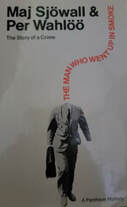
The Man Who Went Up in Smoke, by the Swedish writing (and marital) team of Maj Sjowall and Per Wahloo, continues the series presenting crime narratives in a contemporary and realistic way. Martin Beck’s investigative methods certainly ring true, involving much communication with multiple police departments and interviews with witnesses that offer either a new avenue of exploration or, just as likely, a dead end. As with the previous year’s début entry Roseanna, days and weeks can go by with no breakthrough, and Beck must wait for the results of another routine enquiry before the trail becomes active again. The verisimilitude is admirable, but adhering to reality also translates to a lack of drama in some chapters.
I think, too, that Smoke suffers from the authors’ choice to keep the reader intentionally distant from the emotions of both detective and victim. In his use and the genre world in which he operates, Martin Beck reminds me of Georges Simenon’s great Chief Inspector Maigret. But where Monsieur Maigret carries his personality and his power into each investigation, Sjowall and Wahloo’s Martin Beck is the opposite. Beck is a combination of bureaucrat and tabula rasa, with no real attributes or eccentricities to coax him into focus. (Beck has a strained relationship with his wife; little is explored internally.) He does not have Maigret’s bearish manner or black pipe or evocative response to each landscape he visits. Instead, Beck is patient and competent, which are useful virtues for an investigator but hardly the stuff to promote a personal bond between reader and character.
For this reason, the people around Martin Beck often make a greater impression than he does, even when they only appear for mere pages. There is an amusing encounter with a detective named Backlund, whose frustration builds to anger when Beck wants him to provide impressions of Alf Mattson that go beyond the exhaustive, multi-page police report of a drunken fight that Backlund wrote months before the journalist’s disappearance. Inspector Szluka, Beck’s Hungarian police counterpart, is also intriguing because of his tactics: we must decide, as Beck must do, whether his invitation to the baths or recommendation for a great out-of-the-way Hungarian restaurant is offered with a friendly or a more sinister motive.
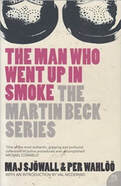
So I am left meditating on an interesting paradox: if so many fictional police characters are unbelievable or fall victim to that “broken-soul” cliché so popular with writers and readers today, we should cheer representations on the page and screen that reach for realism and truth. And yet, as with Inspector Martin Beck in his first two appearances, sometimes such quiet, sad but stoic figures leave little impression, while their cases are filled with the banal but veritable activities of investigation – writing and reading reports, interviewing dozens of people, waiting weeks before a break comes along, et cetera. Such realistic representations should be welcome, with the caveat that reality can be both rewarding and perilously slow.
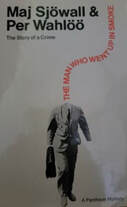
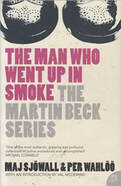
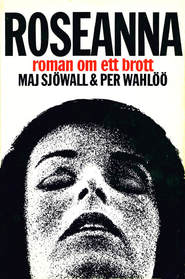
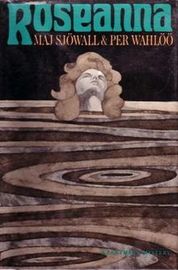
 RSS Feed
RSS Feed